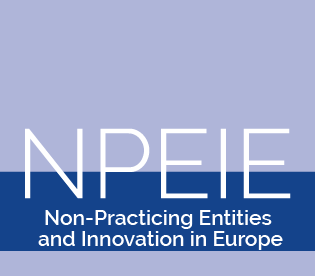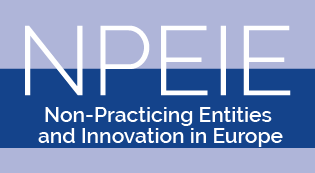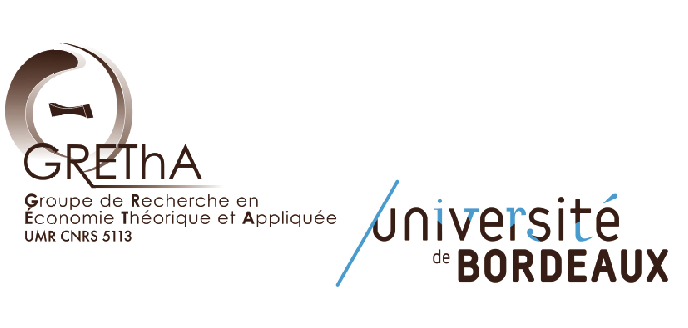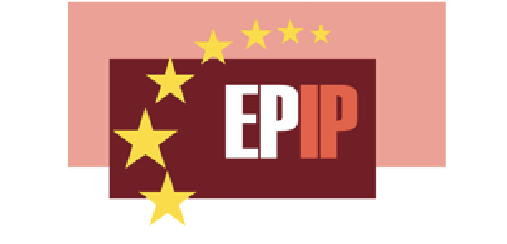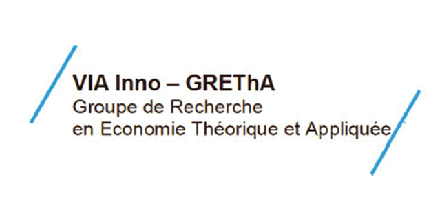AND THE MARKETS FOR TECHNOLOGIES?
LESSONS FROM THE UNITED STATES AND EUROPE
ORGANIZER:
Stefania Fusco
Notre Dame Law School (US)
Stuart Graham
Georgia Institute of Technology (US)
Francesco Lissoni
GREThA, University of Bordeaux (FR)
Valerio Sterzi
GREThA, University of Bordeaux (FR)
CONFIRMED SPEAKERS:
Colleen Chien, Santa Clara University School of Law
Fabian Gaessler, Max Planck Institute for Innovation and Competition
Kelli Larson, Swinburne Law School
Amandine Leonard, Ku Leuven
David Schwartz, Northwestern University – Pritzker School of Law
Tim Simcoe, Boston University
Valerio Sterzi, GREThA-University of Bordeaux
Nikolaus Thumm, European Commission – JRC IPTS
Jeremy Watson, Boston University
Roberto Dini, METROCONSULT
Yann Elias, WIKO GLOBAL
David Marques, DARTS-IP
Kevin Prey, IP2INNOVATE & SAP
Claudia Tapia, ERICSSON
On June 22nd, 2018, GREThA, the Research Group on Theoretical and Applied Economics of the University of Bordeaux, will host a one-day workshop on the impact that patent intermediaries, such as patent assertion entities and defensive patent aggregators, have on innovation and the markets for technologies. Economists and legal scholars from Europe and the US will share their research experience on the activities of patent intermediaries, commenting on recent findings and new research avenues. Attendance is free.
A notable category of patent intermediaries, Patent Assertion Entities (PAEs), generally seek licensing revenues through litigation or the threat of litigation. Critics suggest that the PAE enforcement model imposes costs that are not proportionate to the value of the patented technology, while their litigation targets – often operating companies – have fewer defensive options since PAEs are patent aggregators, producing no products and conducting no R&D. While PAEs are often said to enforce “weak” patents, scholarship suggests that their asserted patents are highly valuable, with more recent research suggesting that PAE patents are often stronger than those held by operating companies. The effects PAEs have on the financing of innovation remains similarly unresolved, with some scholars claiming that very little of PAE earnings flow back to inventors, while others find that the “market for enforcement” works efficiently, and that PAEs may sustain the businesses of small inventors by playing as financial intermediaries.
Over recent years PAEs have extended their geographical reach from the United States to Europe. In 2010, PAEs accounted for more than 10% of patent litigations in Germany and the UK. For example, IP2Innovate, a coalition including SAP, Daimler, Intel, Adidas, Google and Spotify, whose mission is “to bring balance to Europe’s patent legal system so that it supports innovation and economic growth for the benefit of society and consumers”, urged the European Commission in 2017 to address an explosion of lawsuits brought by U.S. based patent licensing companies, often reviled as ‘patent trolls’ (Reuters, Apr 5, 2017).
This workshop will address the PAE phenomenon by stimulating a dialogue among experts in economics and law that have worked on PAE activity in different jurisdictions, and by responding to observations and questions from academic, government and industry participants.
